Furthermore, stock market trading promotes economic stability by enabling investors to buy and sell securities based on their expectations of future company performance and financial conditions. The Greater Part Of You May Feel That Exchanging Is Tied In With Distinguishing A Productive Technique And Afterward Utilizing It To Bring In Cash. Sure Sounds Straightforward, Yet The Inquiry Is On The Off Chance That It Was That Basic, Why Just Under 10% Of The Brokers Bring In Cash And Over 90% Of Them Wind Up Losing Cash In Similar Business Sectors? Any Considerations?
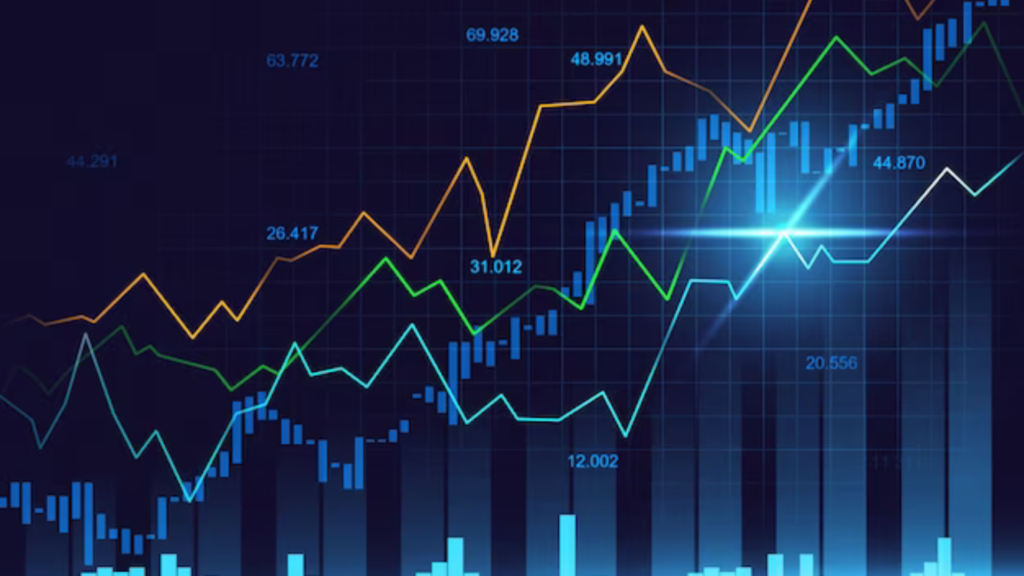
As I see it, trading isn’t just about tracking down a beneficial procedure. Trading Has A Great Deal To Do With The Traders’ Character And That Implies It Is Totally Up To The Trader How He Sees Exchanging. Some Of You May Feel That Through Trading, You Can Bring In An Enormous amount of Cash In A Brief time frame. You Are Thinking About Trading As Gambling. A Few Of Us Imagine That Trading Is About Controls And At Last Planned Such That You Wind Up Losing The Entirety Of Your Well-Deserved Cash And Afterward Proceed To Accept That Trading Is A Colossal Risk.

This Can Be Clarified By Citing An Exceptional Adage By The Amazing Broker Ed Seykota;
Exchanging Also Known As Trading, According To My Experience Is A Blend Of The Three Vital Angles, Likewise What I Call The Three Strong Mainstays Of Trading.
They Are As Per The Following:
Methodology:
Strategy Is Essentially A Framework Or A System That Has Characterized Rules For Trading. A Technique Should Give Us A Section As Well As An Exit From The Market. Likewise, It Ought To Have Quite Certain Guidelines To Characterize An Arrangement. A Technique Can Be Effectively Made Through The Investigation Of Technical Analysis Ideas.

Risk Management:
Risk Management Is The Place Where The Numbers Come Into The Image. Dealers Should Realize The Amount They Are Risking To Acquire Great Returns. Hazard/Risk Management Incorporates The Right Volume, Precision, and The Hazard To Remunerate, And So the Fourth Hazard Executives Is One Of The Main Parts Of Exchange, And The Chance That Overlooked Will Prompt Tragic Results. Stoploss Is The Main Player In Hazard/Risk The Executives.

Psychology:
As People, We Are Profoundly Enthusiastic Creatures And In This Manner, The Brain Research Of The Dealer Assumes A Vital Part In Bring In Steady Money From The Business Sectors Also Known As The Market. The Brain Science Variable Must Be Seen Better When It Is Knowledgeable About The Live Business Sectors, By Putting Away Your Well-Deserved Cash. How You Respond To A Circumstance When You Are Losing Money Or Bringing In Cash, Characterizes Your Brain Research.
All The Above Parts Of Exchanging Have Been Clarified Momentarily However They Are The Main Subjects. Every One Of These Points Will Be Canvassed Exclusively In My Forthcoming Online Journals As We Progress.
At This Point, I Wish To Clarify The Meaning Of Every One Of These Parts Of Exchange Because There Is An Enormous Misinterpretation For Something Similar.
We Should Return To The Start Of This Blog, Concerning How The Majority Of Us Feel That Exchanging Is Tied In With Having A Technique That Is Beneficial Yet, Believe It Or Not, That Has The Least Weightage, Out Of The Multitude Of Three Parts Of Exchanging. The Weightage That I Appoint According To My Experience Is As Per The Following:
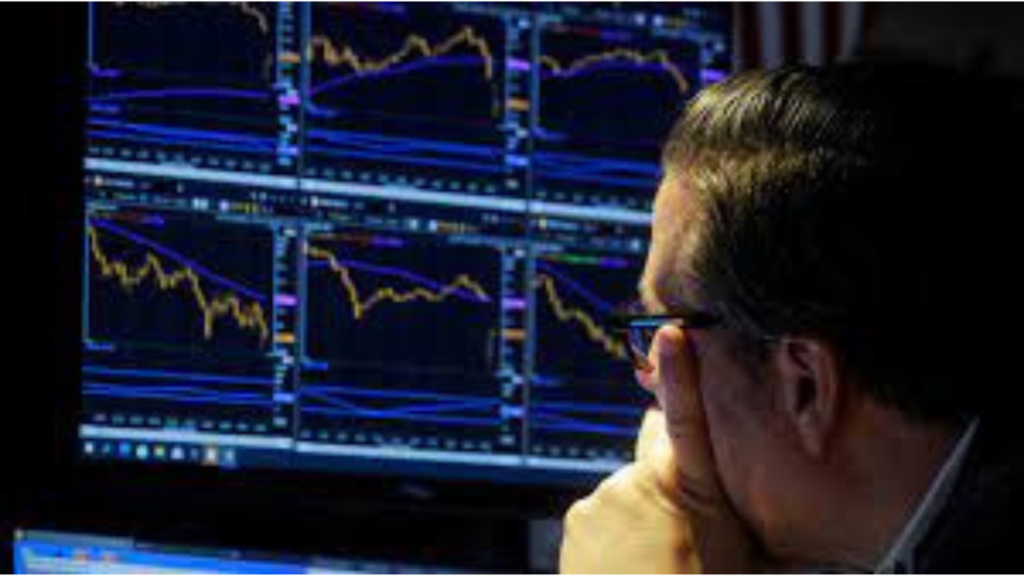
Strategy (20%):
The Perspective That Everybody Runs Behind The Most, Having A Misguided Judgment That Assumes You Have An Ideal Technique, It Will Make You Cash. In Any Case, Truly, Any Basic Procedure that has Explicit Standards And Adheres To The Appropriate Specialized Examination Can Assist You With Bringing In Cash if you follow It Strictly. The Main Conceivable Situation where you Could Flop In This Perspective Is The Point At Which You Include Your Feelings, And Overlook The Guidelines Of The System. So Basically, It’s Not The Procedure, But Rather How You Exchange That System With Discipline That Will Give You The Outcomes.
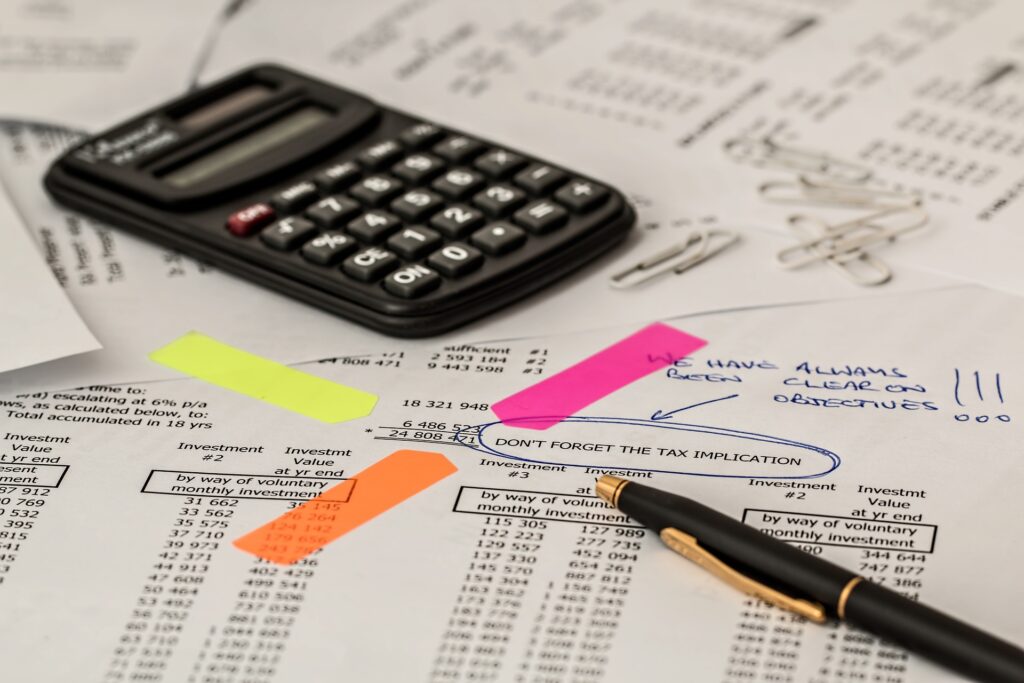
Risk Management (35%):
A perspective that a large portion of the traders overlook. You ought to constantly realize the amount you can lose or make before entering the exchange. Be that as it may, the greater part of the merchants ponder this after taking the exchange or when the harm is done which drives the exchange to run in misfortunes. Volume and stopping misfortune play a significant part in checking hazards. Without Risk to the executives, it is difficult to bring in cash reliably for a long time, and subsequently the weightage.
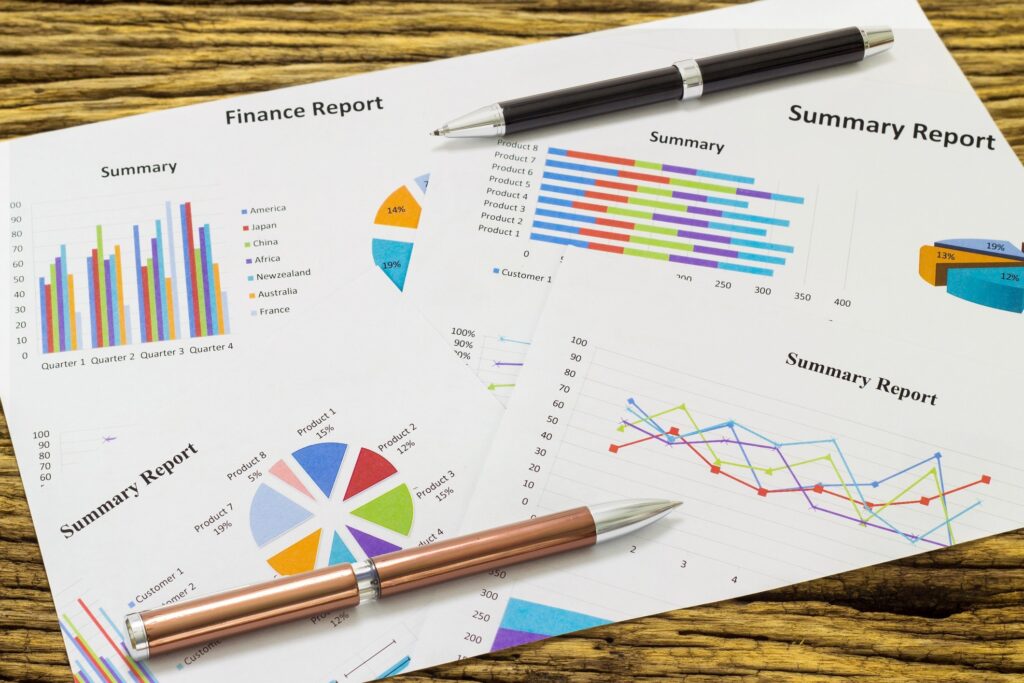
Psychology(45%):
of traders assumes the main part in concluding whether or not you can be a predictable beneficial trader. However it’s an extremely itemized subject to discuss, everything reduces to one thing that controls you, EMOTIONS. Feelings incorporate controlling Greed and keeping away from Fear. This assertion is exceptionally basic yet strong, I plunge further into this in my impending sites.
Numerous beginner traders make significant measures of cash in a demo account however when they trade/exchange on a live record, precisely the inverse occurs. For what reason do you suppose this is so? The main distinction in the live records is that genuine well-deserved money is involved and in the demo account, it’s virtual money. At the point when genuine MONEY is involved, feelings become possibly the most important factor, and thus our brain research also known as psychology will in general get impacted. This is the genuine test in the GAME OF TRADING…
This is by and large why I accept procedure, hazard/risk management the executives, and brain research are the three mainstays of exchanging/trading… It’s unrealistic to Trade and bring in cash assuming any of these points of support are absent…
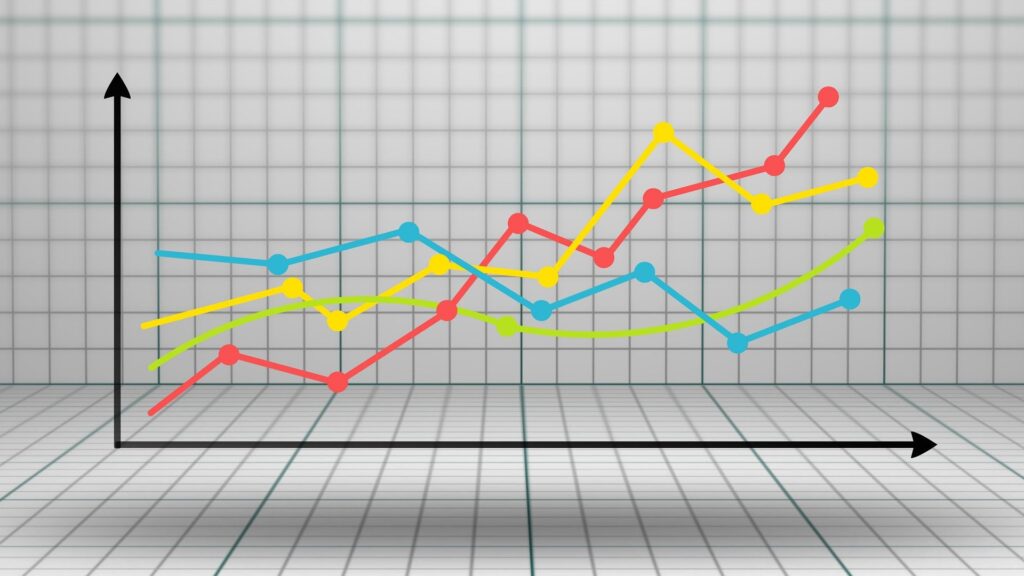
FOR A FREE STOCK MARKET SEMINAR VISIT HERE
CALLS @ 9986622277
Disclaimer
The information provided here is for general informational purposes only and should not be construed as financial advice. Investing in the stock market involves inherent risks, and there is no guarantee of profits or protection against losses. Before making any investment decisions, it is essential to conduct thorough research and seek advice from a qualified financial advisor or professional.
